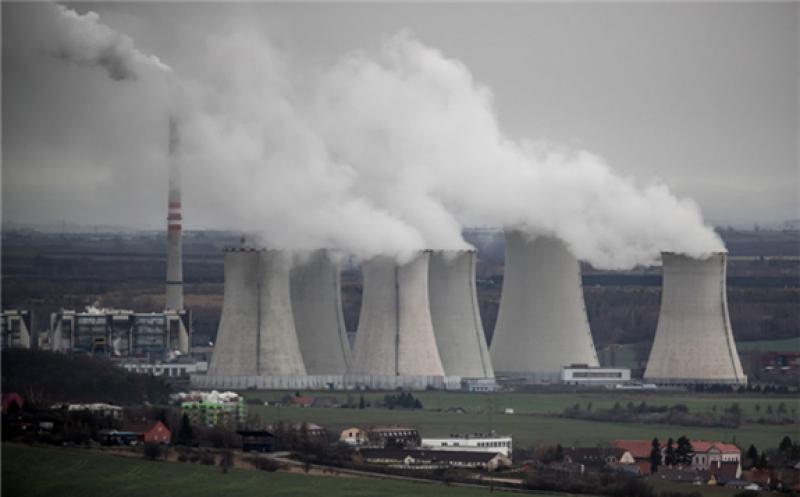Europe must deliver decarbonisation at a rate three times faster than what has been achieved to date if it is to achieve its ambition of net zero emissions by 2050, a new report showed.

CERRE’s new report on “Electricity and gas coupling in a decarbonised economy” released ahead of the European Commission’s Fit for 55 Package, unveils the outcomes of a unique state-of-the-art energy system optimisation model, providing four different scenarios to achieve net zero emissions in 2050. It also provides a comprehensive list of regulatory and policy recommendations to sustain an emerging sector coupling framework at both national and EU levels.
“We have remodelled the European Commission’s 1.5 TECH and COMBO scenarios and took them further with two additional, extreme cases. Our conclusion is straightforward: European single markets in electricity, methane, hydrogen and carbon are essential to fully exploit sector coupling in the pursuit of net zero”, said Chi Kong Chyong, who co-authored the report.
The study also identifies no-regret policies such as the rapid roll-out of renewable energies and the widespread electrification of heating and transport in Europe.
Michael Pollitt, who also co-authored the report, noted that the study extends the significance of some important policies already addressed by the European Commission: reaching net zero requires all currently identified forms of flexibility. “From wires to pipelines, from EVs and smart grids to hybrid heat pumps in our homes, and from batteries with solar panels and offshore wind farms to P2X and gas storage. It’s an unprecedented task for governments which should lead to the end of business-as-usual regulation,” Professor warned.
According to CERRE, the report features more than forty policy recommendations that would allow sector coupling to help decarbonisation efforts at a rapid pace. “We explore and discuss the fundamentals of existing policy and regulation such as carbon pricing, the key role of electrification and hydrogen, the re-organisation of the gas system, and options to finance sector coupling. Our recommendations represent both disruption and adjustment but overall, the mass of changes needed to enable all technologies and markets to reach 2050 net zero is significant”, Pollitt concluded.
The report contributes to the EU’s sector integration strategy launched last year and the future regulatory proposals included in the Fit for 55 Package such as the EU ETS reform, the Renewable Directive revision and brand new regulation to promote hydrogen, CERRE said, adding that all the measures are devoted to accelerating the pace of decarbonisation in line with the new climate targets by 2030 and the net zero 2050 goal.